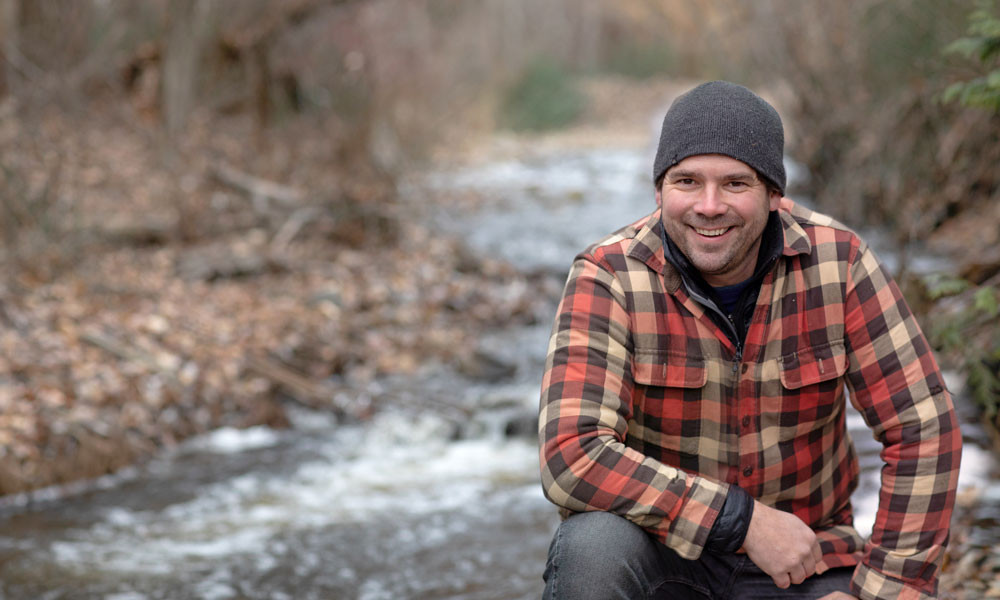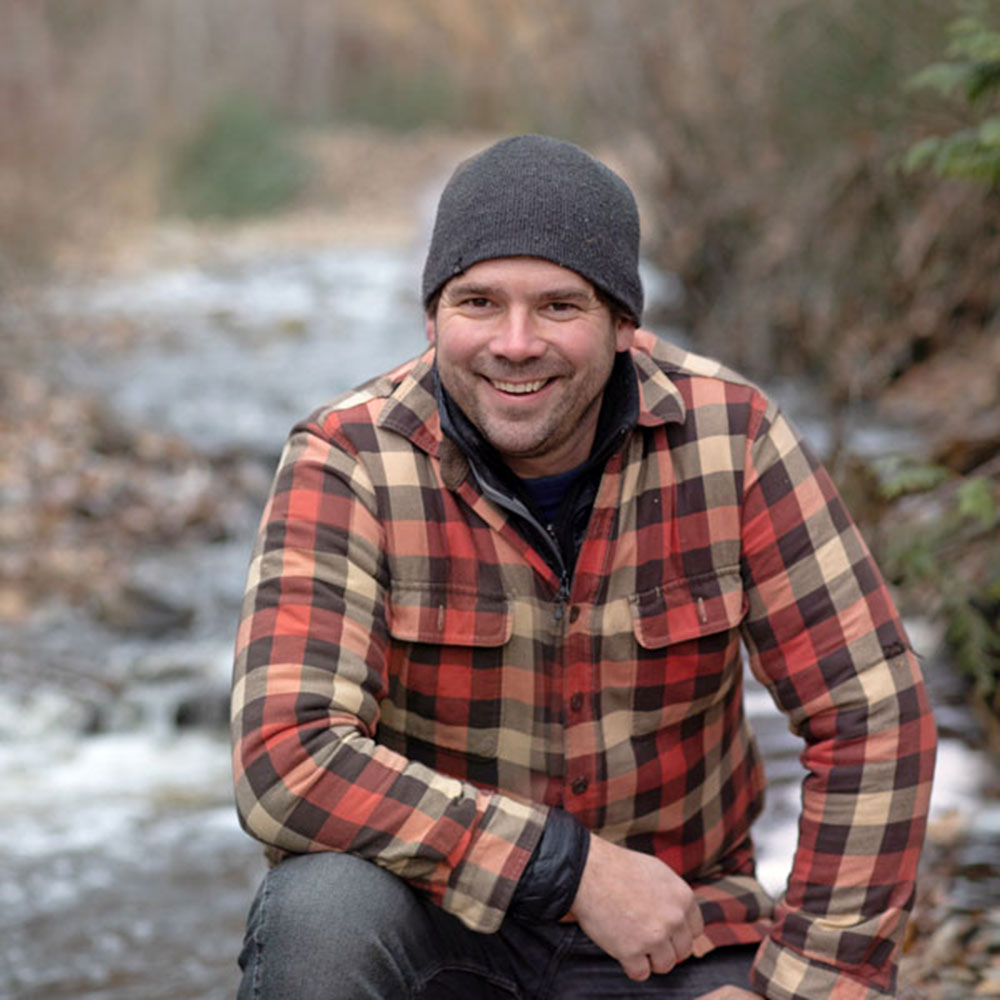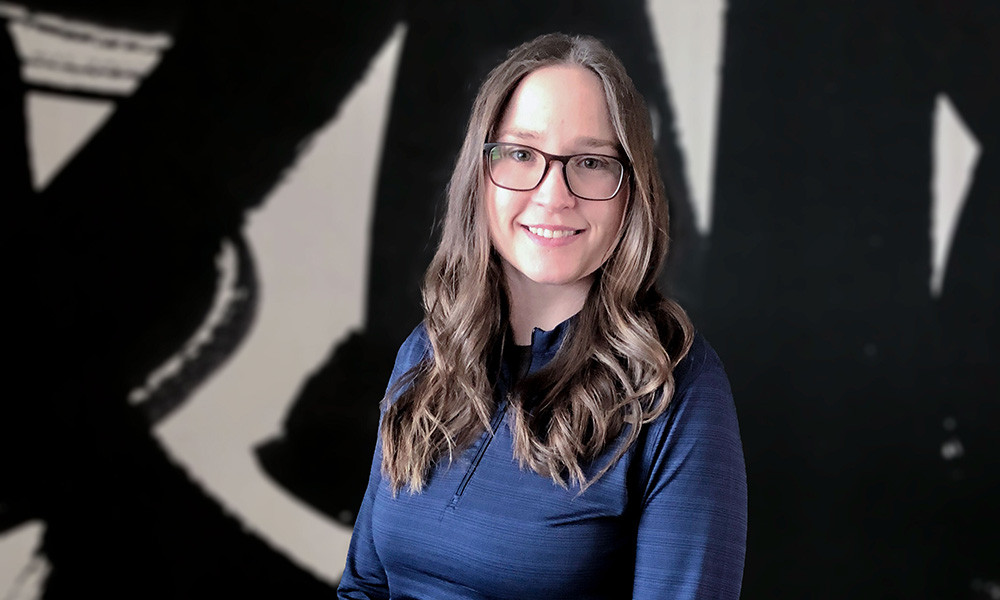Master of Science (MSc), Doctor of Philosophy (PhD)
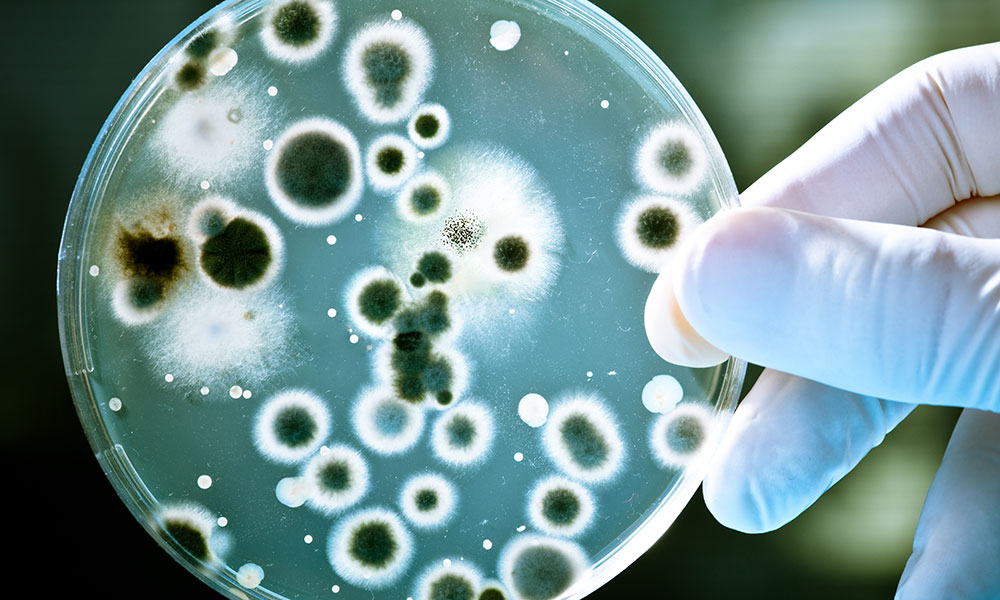
Irving K. Barber Faculty of Science
| Program | Components | Length |
|---|---|---|
| Master of Science (MSc) | Coursework and thesis | 24 months |
| Doctor of Philosophy (PhD) | Dissertation | 48 months |
Why study Biology at UBC Okanagan?
The biology graduate program at the University of British Columbia’s Okanagan campus in Kelowna, BC offers tier-one research-based degrees to students in a collegial, close-knit setting.
Our dynamic faculty and students are engaged in a variety of research projects, many in collaboration with partners in government, non-profit agencies or industry.
Our research-based MSc and PhD degrees in biology provide students with theoretical, practical and analytical expertise, as well as experience in the application of scientific results to real-world problems.
The MSc degree is centred on conducting research in the biological sciences. Graduates of the MSc program are prepared for positions in government, management, industry, education, consulting or for PhD research.
PROGRAM MILESTONES
- establishing a faculty supervisory committee
- preparing, presenting and defending a thesis research proposal
- completing coursework
- researching, writing and defending a thesis
COURSEWORK & THESIS REQUIREMENTS
- biology seminar course (BIOL 501)
- minimum of 6 additional credits of coursework, with a cumulative average of 75% or higher
- 21-credit MSc thesis (BIOL 599)
Exceptional MSc students can transfer to the PhD program if they meet program requirements.
Most MSc students become Teaching Assistants for at least one semester in order to gain valuable experience and to learn effective communications strategies.
The PhD degree is centred on conducting original research. Graduates of the PhD program are prepared for careers requiring advanced independent research and teaching in academia, government and industry.
PROGRAM MILESTONES
- establishing a faculty supervisory committee
- preparing, presenting and defending a dissertation research proposal
- passing an oral candidacy examination that demonstrates breadth and depth of knowledge in one’s chosen field and specialization
- completing dissertation research and writing, and defending the work
Most PhD students complete Teaching Assistantships for at least two semesters.
coursework
At the PhD level, coursework is required only at the discretion of the student’s advisory committee. We recommend that PhD students have completed upper-level undergraduate or graduate-level courses in the following:
- a taxonomically-based course (e.g. mammalogy, vascular plants, invertebrates)
- physiology/cell biology
- genetics/molecular biology
- ecology/evolution systematics
Students lacking any of these courses prior to entering the program must take the necessary courses as part of their PhD training.
other requirementS
PhD students are also required to demonstrate outreach or application of their results. The method and timing for fulfilling the requirement will be determined by the student in consultation with the committee no later than one year after a successful candidacy exam.
Possibilities include:
- presentation of the results to a public (non-scientific) audience
- contributing information to a species assessment for the Committee on the Status of Wildlife in Canada
- presenting research at a government-led workshop
- developing and disseminating educational material on subjects related to the research
- presenting to school groups
Research and Supervisors
Research Areas
Graduate students can pursue these and other faculty research and teaching interests:
- Biochemistry
- Biomedical sciences
- Cell and developmental biology
- Conservation biology
- Ecology and evolution
- Genetics, genomics and molecular biology
- Microbiology
- Neuroscience
- Paleoecology and climate change
- Physiology
- Plant-microbe interactions
Supervisors
Please connect with a faculty supervisor before you start the application process. We look forward to hearing about your research interests and career goals.
Graduate student supervisor
Graduate student supervisor
Graduate student supervisor. Not currently considering graduate students.
Graduate student supervisor
Graduate student supervisor
Graduate student supervisor
Graduate student supervisor
Graduate student supervisor
Graduate student supervisor
Graduate student supervisor
Graduate student supervisor
Graduate student supervisor
Graduate student supervisor
Graduate student supervisor
Graduate student supervisor
Graduate student supervisor
Graduate student supervisor
Graduate student supervisor
Graduate student supervisor
Graduate student supervisor
Graduate student supervisor
Facilities and Labs
- BC Lavender Network
- Biodiversity and Landscape Ecology Research Facility
- Durall Wine Microbiology Lab Group
- The Ecological and Conservation Genomics Laboratory
- Okanagan Institute for Biodiversity, Resilience and Ecosystems Services (BRAES)
- PALEOecology LABoratory
- Wildlife Restoration Ecology Lab (WiRE Lab)
Learn more about research in the Department of Biology and find descriptions of the the centres, institutes and labs that form the foundation of our biology research efforts.
Students and Alumni
Meet our students
See what our students are up to—find them in our Contact page for their research interests, supervisors, alma maters and info.
Connect with your peers
Officially, the Biology Graduate Student Society (BGSS) is a student union dedicated to connecting students with each other, the university and the community in order to enhance their research, learning and overall experience at UBC Okanagan.
Unofficially, the BGSS is a big group of friends who support each other throughout graduate school.
Theses and Dissertations
Find all UBC Okanagan student publications on the University’s digital repository for research and teaching materials.
EXPLORE STUDENT PUBLICATIONS
Tuition and Funding
Tuition
Current tuition fees for the Biology Graduate program are listed in the Okanagan Academic Calendar:
MASTER’S TUITION FEES DOCTORAL TUITION FEES
The Biology Graduate MSc and PhD degree programs are considered “Standard Degree Programs”.
Tuition is paid three times a year, on the first day of each term: Winter Term 1 (September), Winter Term 2 (January), and Summer Term (May).
Funding Opportunities
Graduate student stipends are funded through a combination of internal and external funding awards, Teaching Assistantships and Research Assistantships.
Although funding and stipend amounts are not guaranteed, the biology program has a number of assistantships available for qualified students. Talk to your potential supervisor about funding opportunities.
Students are expected whenever possible to apply for relevant scholarships and fellowships, including Canadian Tri-Council scholarships and other University Awards.
If students wish to hold off-campus (external) employment, they should discuss with their supervisor, particularly if the student is a grant-holder, as restrictions on hours of work may apply.
GRADUATE ENTRANCE AWARD
The Irving K. Barber Faculty of Science offers a $15,000 merit-based entrance scholarship to three exceptional individuals entering their first year of thesis-based graduate studies under a supervisor from the Irving K. Barber Faculty of Science, or an Interdisciplinary Graduate Studies program with a supervisor who is a member of the Irving K. Barber Faculty of Science.
All applicants to Irving K. Barber Faculty of Science graduate programs who have submitted an application by December 1 will be automatically considered for the award. No additional application is required. Successful applicants will be notified by March 15.
Assistantships
The Department of Biology has funding opportunities and assistantships available for qualified students.
| Program | Minimum funding as of September 2025 | Duration |
| MSc | $22,000 per year | 2 years |
| PhD | $26,000 per year | 4 years |
TEACHING ASSISTANTSHIPS (TA)
Paid TA positions are provided through the department and allow graduate students to develop skills in teaching, supervision, facilitation, and student assessment. Teaching assistants may lead seminars, help teach undergraduate courses, or assist in student evaluations and marking.
- MSc students are eligible for paid TA positions for up to two years.
- PhD students are eligible for paid TA positions for up to four years.
- TA positions usually occur September to April. TA hours and wages are governed by the British Columbia Government Employees Union (BCGEU).
Teaching assistants are mentored by their supervisor and via the Centre for Teaching and Learning. To learn more or apply for a position, see our Careers page.
Research Assistantships (RA)
As paid research assistants, graduate students assist their supervisor or other researchers in conducting high-level research. RAs are typically funded by a supervisor’s external grants, contracts or other sources of funding, and, therefore, are not guaranteed.
Research Assistantships are wholly dependent upon individual research supervisor’s funding. RA positions may take place at any time during the school year and wages and hours will vary. RA positions are not guaranteed. Talk to your potential supervisor about RA opportunities.
Scholarships & Awards
UBC Awards
The College of Graduate Studies administers merit-based graduate awards at the Okanagan campus. The College manages a number of award competitions each year and administers payment of all internal awards and selected external awards.
External Awards
All prospective graduate students (Domestic and International) should explore and apply for external awards and fellowships, including awards offered by Canada’s three research councils: CIHR, NSERC and SSHRC.
Graduate scholarships and awards may also be available from foundations, private organizations or foreign governments (check with your country’s education authority).
Global and Close-Knit
At UBC Okanagan, you gain all the benefits of attending a globally ranked, top 5% university while studying in a close-knit learning community. 50% of graduates, from all across the globe, choose to stay in the region.
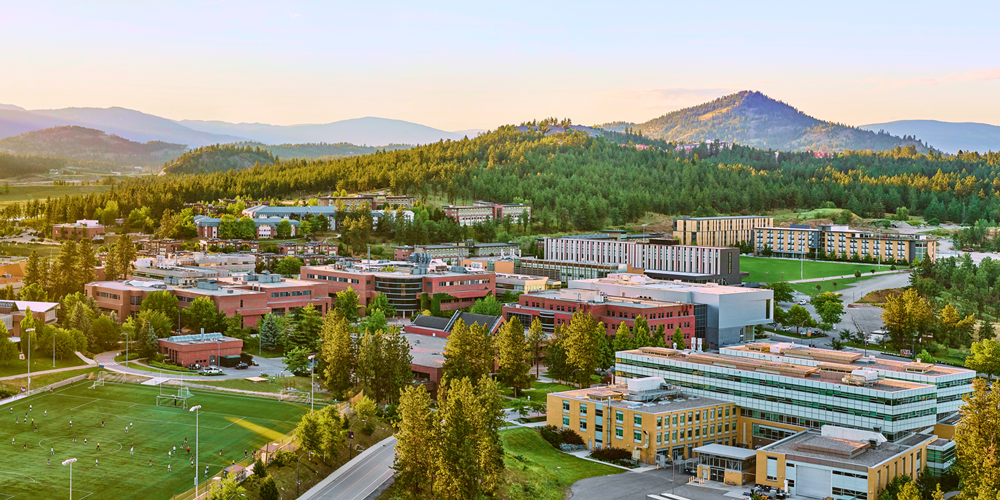
Discover the Okanagan
A diverse natural region with sandy beaches, beautiful farms, vineyards, orchards and snow-capped mountains, the Okanagan is an inspirational landscape perfect for those seeking leisure or outdoor adventure.
UBC's Okanagan campus borders the dynamic city of Kelowna, a hub of economic development with a population of more than 150,000 people— the fourth fastest-growing population in Canada.
Program Inquiries |
|
| Dr. Michael Russello Graduate Program Coordinator michael.russello@ubc.ca 250.807.8762 |
Sheila Williamson Graduate Program Assistant sheila.williamson@ubc.ca 250.807.8094 |





















